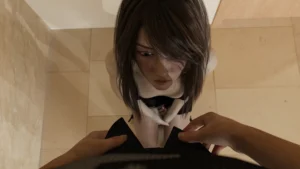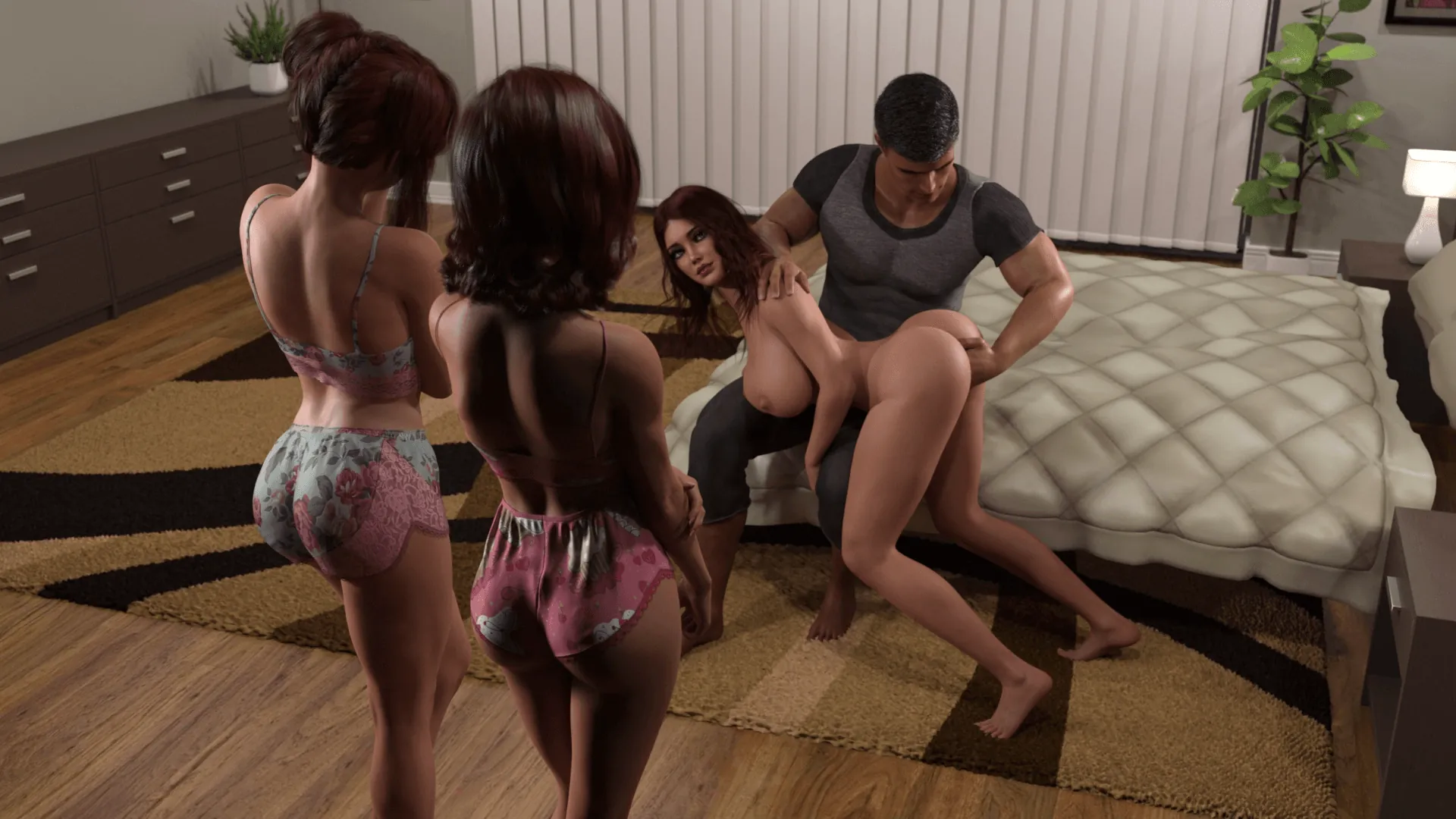
Play Bad Memories
Bad Memories review
Exploring the narrative depth and player experience in Bad Memories
If you’re looking for a game that goes beyond surface-level thrills and dives deep into emotional storytelling, Bad Memories stands out in the crowded field of narrative adventures. This title isn’t just about moving from one scene to the next—it’s about confronting painful pasts, making tough choices, and seeing how those decisions ripple through the lives of its characters. In this review, I’ll share my personal journey through Bad Memories, break down what makes its story so compelling, and offer practical tips for getting the most out of your playthrough. Whether you’re a fan of story-rich games or just curious about this particular title, you’re in the right place.
The Story and Themes of Bad Memories
A Childhood Shaped by Loss
Let me tell you, the Bad Memories story doesn’t pull any punches from the very first scene. 🎮 You step into the worn-out shoes of Alex, the Bad Memories protagonist, whose entire world was fractured in childhood by the sudden loss of their mother. 😢 This isn’t just a backdrop; it’s the foundation upon which every crack in their adult life is built. I remember starting the game and feeling that immediate, heavy weight—the kind that settles in your chest during a sad movie.
The game masterfully shows how this single, catastrophic event creates a domino effect. Alex’s father, consumed by his own sorrow, turns to the bottle and a revolving door of new partners, leaving Alex feeling invisible and anchorless. 🌀 This early environment of emotional neglect and instability is the core of the Bad Memories emotional themes. It’s a raw, unflinching look at how the ghosts of our past don’t just haunt us; they shape the very people we become. The game forces you to carry this baggage, making you understand that Alex’s struggles with trust and connection are not personality flaws, but scars.
Navigating Complex Relationships
One of the most compelling aspects of the Bad Memories story is its cast. Alex doesn’t exist in a vacuum; they are surrounded by a web of Bad Memories character relationships, each one tangled with history, unspoken expectations, and secret motivations. 🤝 From the well-meaning but flawed father trying to make amends, to childhood friends who have witnessed the slow-burn fallout of the family tragedy, every interaction feels significant.
I found myself completely invested in these dynamics. There’s Sarah, a fiercely loyal friend from school whose own family problems create a powerful, unspoken bond with Alex. Then there’s Mark, the father’s latest partner, who you can choose to view as an intruder or a potential bridge to a happier family unit. 🏠 The brilliance of these Bad Memories character relationships is that no one is purely good or evil. They are all just people, trying their best and often failing, which makes your interactions with them feel incredibly genuine and impactful on your journey.
The Weight of Every Decision
This is where Bad Memories truly separates itself from more linear narrative games. The Bad Memories narrative choices you make are not simple good/evil binaries. They are subtle, nuanced, and often painfully difficult. The game presents you with Bad Memories branching storylines that genuinely diverge based on your dialogue picks, your actions, and even your silences. 💬
I learned this the hard way during my first playthrough. In one pivotal scene, Alex is confronted by their father, who is trying to explain his past failures. The dialogue options were:
* “I can never forgive you for what you did.”
* “I just need some time to process this.”
* Say nothing and walk away.
Thinking I was being strong and protective of Alex, I chose the first option. It felt justified in the moment. The result? My father character, who was on a fragile path to sobriety, relapsed that same night, sending one of my potential Bad Memories branching storylines into a much darker, more tragic direction. It was a gut punch. I had to put the controller down. The game had shown me, in no uncertain terms, that words have weight, and healing is a two-way street. This moment perfectly encapsulates the game’s deep focus on Bad Memories trauma and healing.
The structure of these Bad Memories branching storylines is fantastic. Your choices don’t just change the ending; they change the journey, determining which memories you uncover, which relationships you mend, and which ones you break beyond repair.
| Your Choice | Potential Narrative Consequence |
|---|---|
| Confront a character about a hidden secret | They may shut down completely, locking you out of their storyline, or it could lead to a breakthrough that deepens your bond. |
| Offer support to a struggling character | This can unlock new, positive memories and provide Alex with a crucial support system for their own **healing**. |
| Prioritize your own well-being over others | This can lead to a more isolated but self-assured version of Alex, showing a different path to dealing with **trauma**. |
The entire Bad Memories story is a delicate dance with the past. The game uses a clever mechanic where key objects or conversations trigger flashbacks, and the Bad Memories narrative choices you make in the present can subtly alter how you remember those past events. It’s a powerful commentary on how our minds protect us, and how confronting painful memories is the first step toward making peace with them. The journey of the Bad Memories protagonist is ultimately one of Bad Memories trauma and healing, asking the player a profound question: Is it possible to build a stable future when your foundation is built on broken pieces?
“I’ve never had a game hold up a mirror to my own life like this. Making a simple choice to call my in-game dad after a tough day unlocked a cutscene that mirrored a conversation I’d been avoiding for years in real life. It was cathartic.” – A player’s experience.
This is the true power of the Bad Memories emotional themes. It’s not just about watching Alex’s story; it’s about navigating your own understanding of loss, forgiveness, and the messy, non-linear path to finding peace. ✨ The Bad Memories branching storylines ensure that your path to that peace is uniquely yours, making the Bad Memories story one of the most personal and impactful narratives you’re likely to experience.
Bad Memories is more than just a game—it’s an emotional journey that challenges players to confront difficult truths and make meaningful choices. Its rich narrative, complex characters, and immersive atmosphere set it apart from other titles in the genre. Whether you’re drawn to stories of redemption, enjoy exploring every corner of a game world, or simply want an experience that stays with you, Bad Memories delivers. I encourage you to dive in, take your time with each decision, and see where the story takes you. Share your thoughts and discoveries with others—this is a game that begs to be discussed.




























